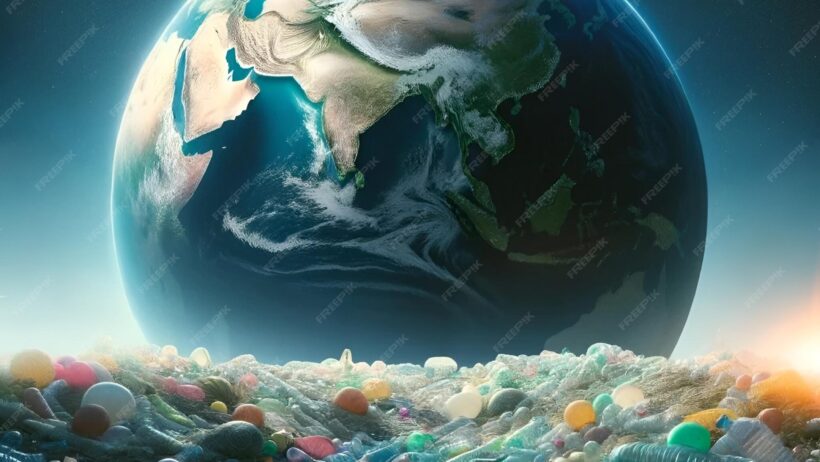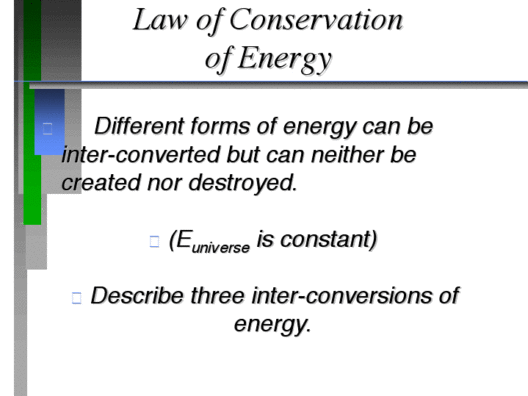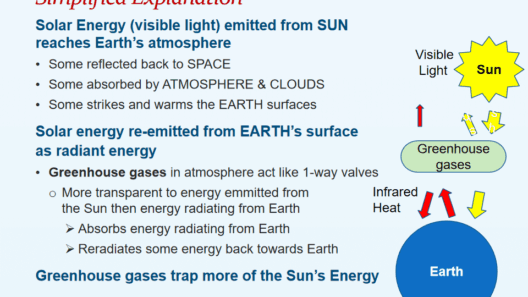Plastic waste has infiltrated every facet of our existence, crafting a mosaic of convenience that belies the intricate ramifications it imposes on our planet and its atmospheric stability. The indiscriminate proliferation of plastic has, in many ways, intertwined with our daily lives, like a creeping vine that clings to the foundations of our environment. As we delve into the often-overlooked intersection of plastic waste, microplastics, and greenhouse gas emissions, it becomes evident that plastic is not merely a nuisance but a profound threat, capable of exacerbating climate change and heating our planet.
To comprehend the implications of plastic waste, it is pivotal to understand its lifecycle, from creation to disposal. The journey of plastic begins with the extraction of fossil fuels, a process inherently linked to carbon emissions. This initial step embeds plastic within the very framework of climate change, as these fossil fuels release significant quantities of greenhouse gases when harvested. Once manufactured, plastics, known for their durability, often persist in the environment far longer than intended. Their ubiquitous presence is marked by their slow degradation, a quintessential aspect of their design paradoxically rendering them both useful and detrimental.
Microplastics, defined as plastic particles less than five millimeters in size, represent the more insidious face of plastic waste. As larger plastic items degrade through environmental weathering and human activities, they fragment into these minuscule particles, which can infiltrate ecosystems, bodies of water, and ultimately, the food chain. This particulate pollution raises not only ecological concerns but also human health risks, as microplastics have been detected in the most unexpected places—from Arctic ice to the depths of our oceans, and even within human digestive systems. The omnipresence of microplastics is akin to a ghost that haunts our ecosystems, evoking questions about their long-term impacts on both biodiversity and human health.
The effects of plastic waste extend beyond mere physical presence; they have a complex relationship with climate dynamics, especially concerning greenhouse gases. The degradation of plastics can initiate chemical reactions that contribute to the release of other greenhouse gases, notably methane. The U.S. Environmental Protection Agency (EPA) indicates that landfills—which act as final resting places for discarded plastics—are significant sources of methane emissions. Methane, known for its potent warming potential, is significantly more effective than carbon dioxide at trapping heat in the atmosphere, with a global warming potential that is 84 times greater over a 20-year timeframe. This alarming statistic accentuates the urgency to mitigate plastic waste, as each piece that ends its life cycle in a landfill could contribute to a greater atmospheric burden.
Compounding these issues is the fact that methane emissions can also stem from the incineration of plastics. While incineration may appear as a solution to plastic disposal, it can inadvertently produce greenhouse gases if not managed with effective technologies. The ramifications of this are particularly concerning, as cities increasingly rely on waste-to-energy facilities to combat landfill overflow. In this tangle of waste management strategies, plastics emerge not only as pollutants but also as potential accelerators of climate change.
One may wonder what solutions lie ahead. Several interventional strategies have surfaced to combat plastic waste and its implications on climate. First, a concerted global effort towards reducing plastic production is essential. Legislation to curtail single-use plastics and incentivize biodegradable alternatives is a step in the right direction. Enhanced recycling technologies have the potential to revolutionize our approach to plastic, diverting it from landfills and transforming it into valuable materials for reuse. In this context, the circular economy represents a beacon of hope, advocating for a system where waste is minimized, and materials are continuously repurposed.
Education and awareness are also critical components to inspire behavioral change within society. By fostering a culture that values sustainability and the responsible consumption of materials, individuals can contribute to a greater collective impact. Community initiatives, such as beach clean-ups and educational campaigns, empower people to engage with their environment actively, turning the tide against plastic pollution.
Moreover, advancements in bioplastics present a promising alternative. Designed to decompose more naturally than traditional plastics, biodegradable options can mitigate the long-term environmental fallout associated with plastic waste. However, careful consideration is needed to ensure that the production of bioplastics does not itself contribute to ecological degradation or greenhouse gas emissions.
In conclusion, the multifaceted relationship between plastic waste, microplastics, and methane emissions epitomizes a pressing environmental paradox. The very materials designed to facilitate modern living simultaneously pose a significant threat to the climate. As we embark on the daunting journey toward environmental preservation, we must commit to not only reducing our reliance on plastics but also recognizing the ripple effects of our choices. By understanding the intricacies of plastic waste and its potential to exacerbate climatic shifts, we can collectively strive to reclaim the balance within our ecosystems and foster a healthier planet for generations to come.








